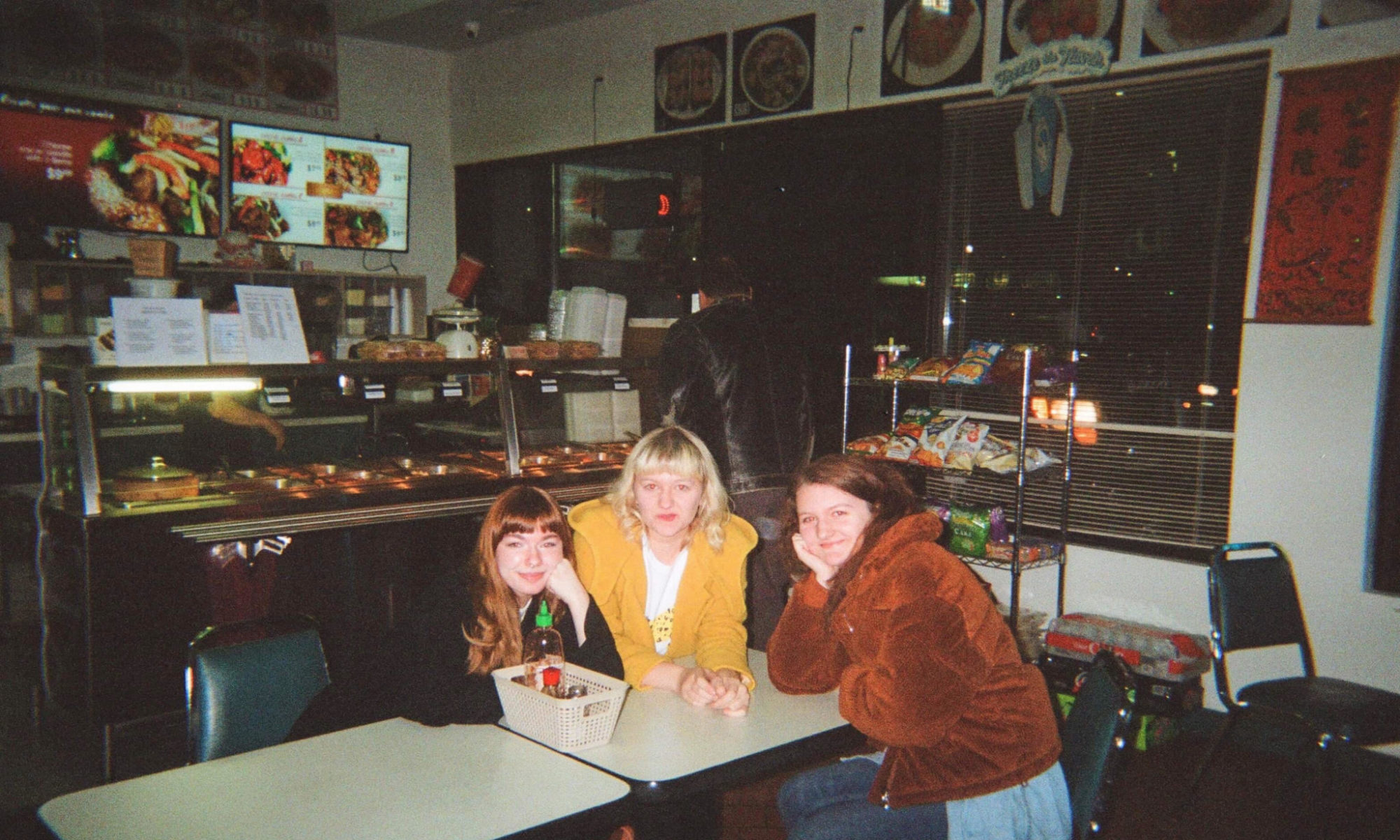 Baby Dee has a substantial list of famous (and infamous) professional associations, from Antony Hegarty (of Antony and the Johnsons) to Andrew WK to Will “Bonnie ‘Prince’ Billy” Oldham. And while she’s credited her rise in visibility to Antony’s success, listen to her music and it’s clear that high-profile boosters are only a bonus. The richness and complexity of her music are more than enough. Her androgynous voice sounds much like Antony’s, but with measures more clarity and a greater range—her voice soars and dips, resonant and full, accompanied by the whimsical but timeless harp and soulful piano. There are strong echoes of her work in church music (the church she left in the process of her gender and sex transition). The church may not have a place for a transsexual musician/prophet, but it’s as sure thing that her release into the rest of the world has made us all richer. Many of her songs sound like hymns for the new millennium—like “Lilacs,” which lies on a bed of gentle piano and woodwinds. The angel metaphors are perhaps too easy when writing about the harp (just as they have been for Baby Dee’s labelmate and musical cousin, Joanna Newsom). But how can you write about “Black but Comely” without invoking the concept of heaven? The real heaven, a place where all are welcome, love is unconditional and peace abides. Get ready, Winnipeg—a piece of heaven is coming to us on April 20, at the West End, which, as we all know, occupies remains of a church. (Drag City, www.dragcity.com) Jenny Henkelman
Baby Dee has a substantial list of famous (and infamous) professional associations, from Antony Hegarty (of Antony and the Johnsons) to Andrew WK to Will “Bonnie ‘Prince’ Billy” Oldham. And while she’s credited her rise in visibility to Antony’s success, listen to her music and it’s clear that high-profile boosters are only a bonus. The richness and complexity of her music are more than enough. Her androgynous voice sounds much like Antony’s, but with measures more clarity and a greater range—her voice soars and dips, resonant and full, accompanied by the whimsical but timeless harp and soulful piano. There are strong echoes of her work in church music (the church she left in the process of her gender and sex transition). The church may not have a place for a transsexual musician/prophet, but it’s as sure thing that her release into the rest of the world has made us all richer. Many of her songs sound like hymns for the new millennium—like “Lilacs,” which lies on a bed of gentle piano and woodwinds. The angel metaphors are perhaps too easy when writing about the harp (just as they have been for Baby Dee’s labelmate and musical cousin, Joanna Newsom). But how can you write about “Black but Comely” without invoking the concept of heaven? The real heaven, a place where all are welcome, love is unconditional and peace abides. Get ready, Winnipeg—a piece of heaven is coming to us on April 20, at the West End, which, as we all know, occupies remains of a church. (Drag City, www.dragcity.com) Jenny Henkelman

